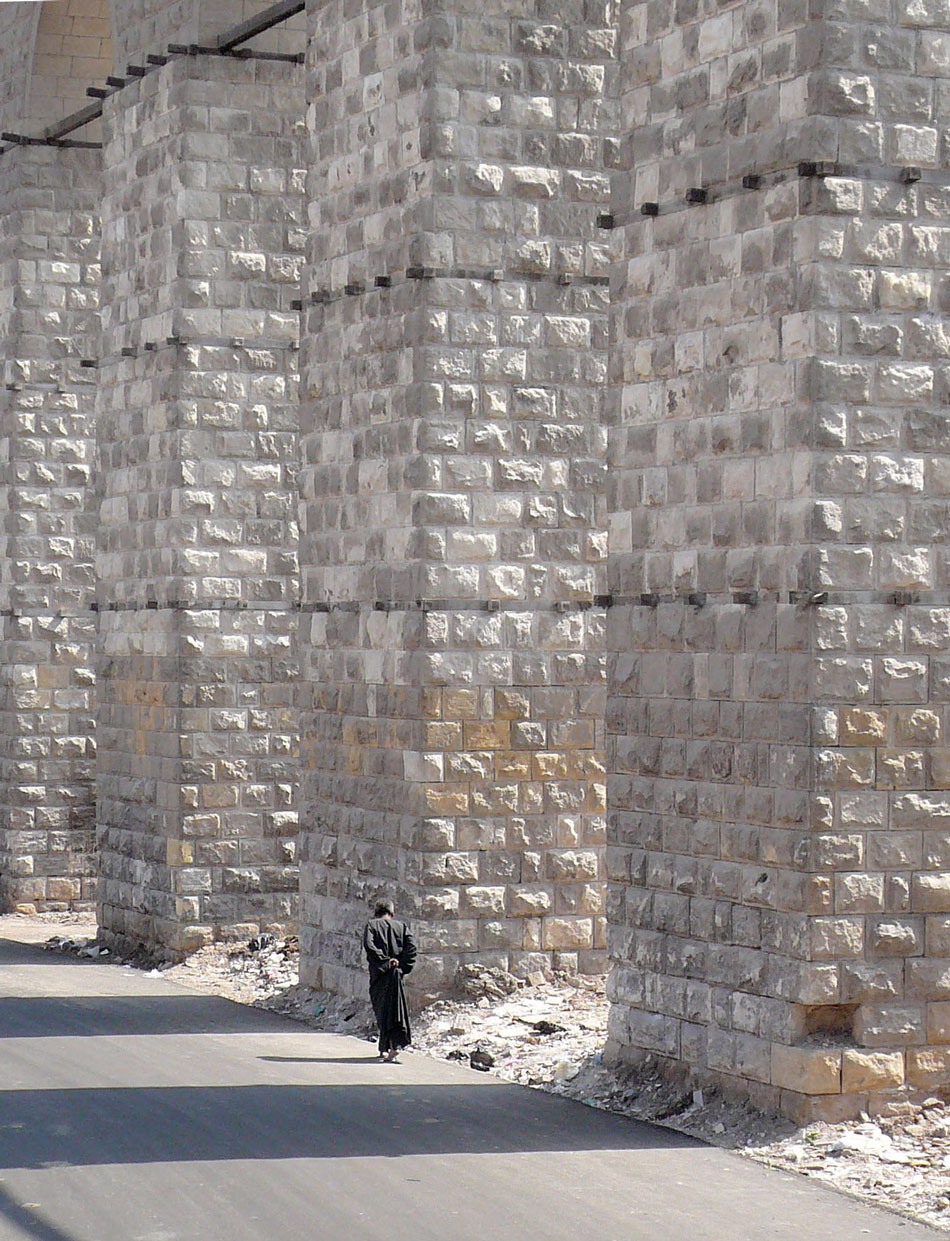Paris Talks Revisited: Equality of Men
We live in a time where there is a great call for equality amongst human beings, but what does this principle of equality actually look like when translated into reality?
During His Paris talk on the seventh principle of Bahá’u’lláh’s teachings, ‘Abdu’l-Bahá explained the principle of equality and its correct application. He said that people must have “equal rights to just treatment, there must be no favour shown to individuals”. Judges must “administer the law with strict impartiality in every case brought before [them].” He described punishment as being an essential component of societal justice, and that once this system of justice has been perfected “then will the earth become a place of beauty”.
In a world where ideologies of punitive justice reign amongst the powerful elites, there is a captivating majesty to the “truth, reason and justice” trinity. One of the poignant truths buried by the clamor of adversity in political and social debates is that we do not know enough about human nature to even hazard a guess as to what true equality looks like. ‘Abdu’l-Bahá spoke of laws being resolutions and not forceful rulings imposed upon others. A balance between firm justice and equal and fair treatment is something which all nations, both then and now, can only aspire to. We are moving toward the universal establishment of basic human rights internationally, however any lack of enforcement hollows out its promise and power.
The myopia of ambiguous humanistic values has cast society into a state of legal stalemate. Every law intended to engender common good produces an ever-increasing swell of special interest groups that fight tooth and claw for better treatment. In the war for personal freedoms, the most vulnerable suffer in collective, muted anguish. This is the fruit of a supposed civilization that advocates the economics of individualism while imposing arbitrary, punitive laws to maintain order amongst a fragmented population.
Equality may be construed in several ways. Upon consulting a dictionary, one may initially associate equality with status, opportunity or rights. We should be careful to train our memories with lessons of the past; forcibly equalizing status can result in social chaos and disorder.
Once a majority sincerely believe in the law, in other words once it gains real potency, then we may have equality for humankind. Reward and punishment need to guide this process, and once they do, then there will be more incentives for society to ensure equality as a principle, and not just arbitrarily as a rule.
Photo by Sarah Hosney, www.nineteenmonths.com


